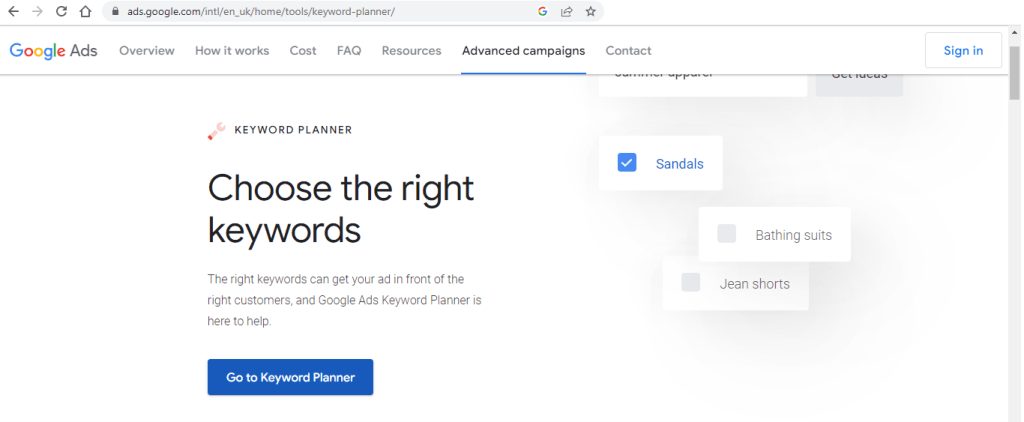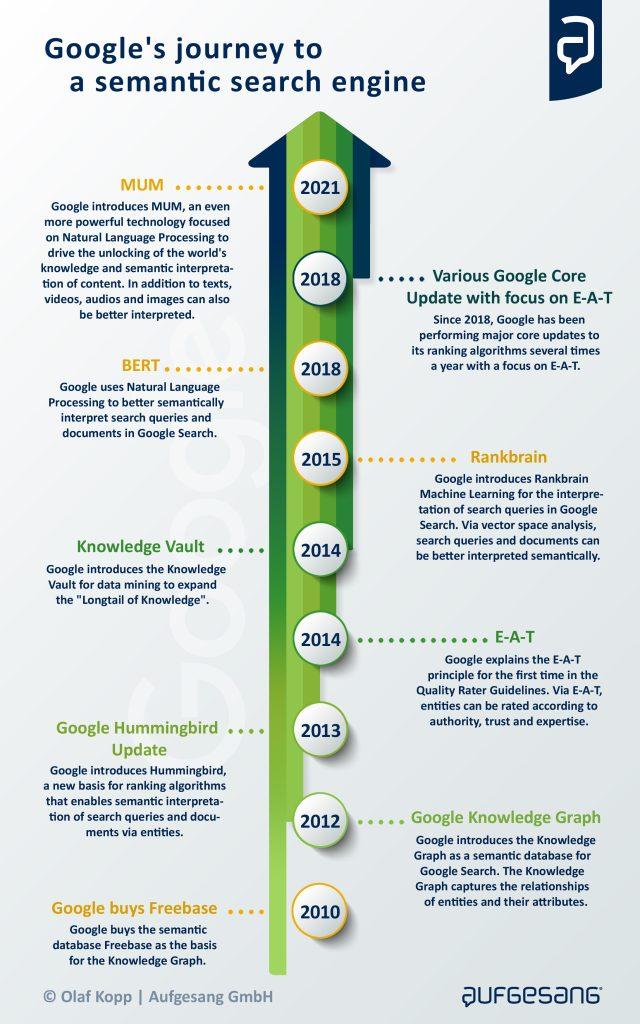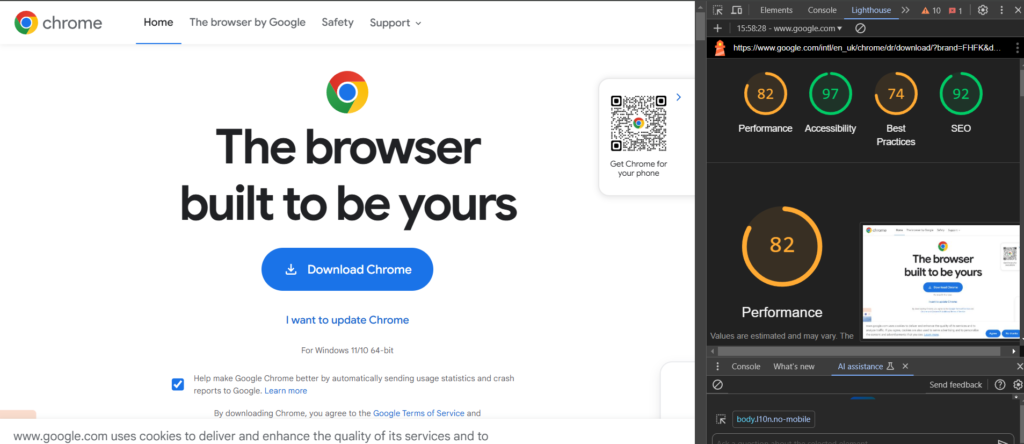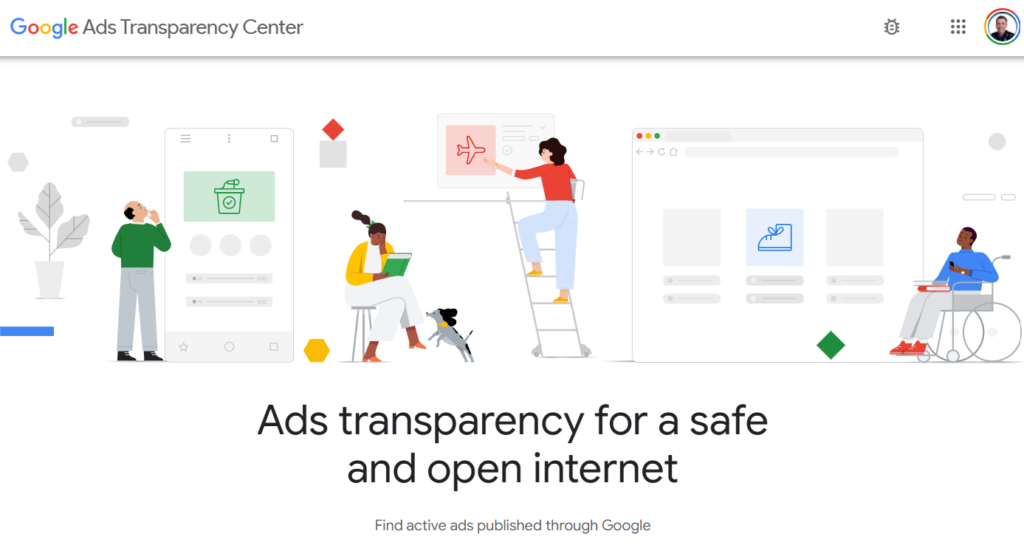Whenever we talk about digital marketing, PPC, and SEO, one thing that always gets a lot of airtime is Keywords and Keyword research. So what do you need to know about keyword research in 2023?
To see what’s covered in this article click on the table of contents below.
But before we start, let’s go back to basics and establish exactly what are keywords and what is Keyword Research!
What is a keyword?
The Dictionary tells us:
keyword /ˈkiːwəːd/ noun plural noun: keywords
- a word or concept of great significance.”homes and jobs are the keywords in the campaign”
- a word used in an information retrieval system to indicate the content of a document.
- a significant word mentioned in an index.”keywords entered by the indexer”
- a word that acts as the key to a cipher or code.
So in the context of digital marketing Keywords are the words and phrases that people type into search engines to find what they’re looking for. (not just words)
For example, if you were looking to buy lightbulbs, you might go to google and type “LED light bulbs 15w”. Even though that phrase consists of more than one word, it’s still a keyword.
What Is Keyword Research?
So now we have agreed on what a keyword is, what is Keyword Research?
Keyword Research is the process of finding the words people use to search for your website or products on google and how often those keywords are used in search engines like Google and Bing. Keywords can help you with both paid and organic search marketing. Remember, Keywords are usually not just single words, they are several words or phrases.
There are lots of tools you can use to help find the right search terms and they will give you other data like; the search volume, cost-per-click (CPC), and competition level to help you assess which ones to use.

How to find keywords
- Think of a list of topics that relate to your business. Firstly, you need to make sure you are going to be using keywords that relate to your industry or ‘niche’. These can be quite broad at this stage.
Break down your topics by their types. For example, if you are selling widgets list the types of widgets you sell; Big widgets, small widgets, long widgets, short widgets, soft widgets, hard widgets and so on. - Use a Keyword Tool to help you find specific related words. Or you can search google for “long widgets” and scroll down to the bottom of the page. There you will find a list of ‘related searches’, these are the popular search terms that people have used to find long widgets.
- Build a keyword list that your customers would use to search for your product. A good method is to get into the habit of thinking like a customer. In our example, our customer is looking for a particular widget. What would you type into google to find the exact widget you are looking for? List down these terms.
- Expand your list. Within your “Long widget” category you might have “long smooth widgets” and “long rough widgets”. List these also. And within each of those categories, there will be more variations “Long smooth widgets with detachable whatsits” and “Long smooth widgets with retractable whatsits”. And so on. So we can list these as well.
- Add obvious terms related to things people care about. Price is important to most people too so add price-related terms like “cheap long smooth widgets with retractable whatsits”. Add these to your list.
- Location location location. Depending on what you are selling, and how you sell it, location might be important. Add ”near me” (an increasingly popular addition to search terms) so now we have “cheap long smooth widgets with retractable whatsits near me”.
Be thorough but don’t get carried away, if they are too rare or too specific, they won’t be much use. You are the expert, you know what you sell, or what is important in your ‘niche’ that you will write about. The keyword research tool you use will show you if your keywords have a really low search volume and are not worth focussing on, if they are too broad and they have a really high search volume or if they are too competitive.
Keyword Intent
Understanding the intent of keywords is also critical. The keyword intent should match your business goals.
For example. The keywords “Blue Shirt” or “Blue Shirt Styles” show very different intent than “where to buy blue shirts”. Where to buy blue shirts has high commercial intent. We can be pretty sure that the person searching for this is looking for a store and intends to buy a blue shirt. They have probably decided that a blue shirt is the one they want. Showing an Ad for pink dresses will probably not interest them.
Keep it topical
Create content around topics instead of keywords – People don’t always search using exact phrases; they may use related terms or concepts. It’s important not only to optimise content at specific points throughout your website (such as title tags) but also to create content around topics.
Choose ‘low keyword difficulty’ score keywords.
A keyword with a low difficulty score is easier to get a high ranking for. If you choose keywords that everyone is using then it will be difficult to rank. But, of course, choosing a keyword that no one is searching for, is pretty pointless too.
Choose keywords with lower competition – about 1,000 searches per month. You’ll then have a better chance of getting ranked and getting clicks as the competition is less than more popular keywords.
As you grow your list of keywords, you can mine for gaps – keywords that people are searching for, but not many websites are using in their content or paid ads. You can also more easily spot opportunities to rank for more relevant and specific terms.
There are some great tools to help with Keyword Research, like Ubersuggest
Use long-tail keywords with low competition.
Look for long-tail keywords with low competition, but ones that are also related to a high search volume keyword.
A good way to come up with long-tail words is to use question modifiers like “What” and “How”. You can also start typing in Google and look at the autocomplete suggestions, and scroll down to the ‘people also searched for’ section on the results page.
Semantic Search
Semantic keywords are similar keywords that are associated with the main keywords in the question. This is how Google understands your content in a more natural way. And how to decides on the best results for its SERPS (Search Engine Ranking Page)
Google uses a variety of algorithms and other methods to try to understand your content.
These include:
- Keyword density – how often you use a particular keyword in your content
- Knowledge graph – the information that Google has on individual people, places, or things
- Domain authority – how popular your site is, which is measured by other sites linking to you
- Authoritative pages – which are considered the most trustworthy pages in your domain (e.g., news and science)
For the last 12 years, google has taken a number of huge steps towards becoming a Semantic Search Engine as this awesome infographic below from OLAF KOPP shows





One Comment